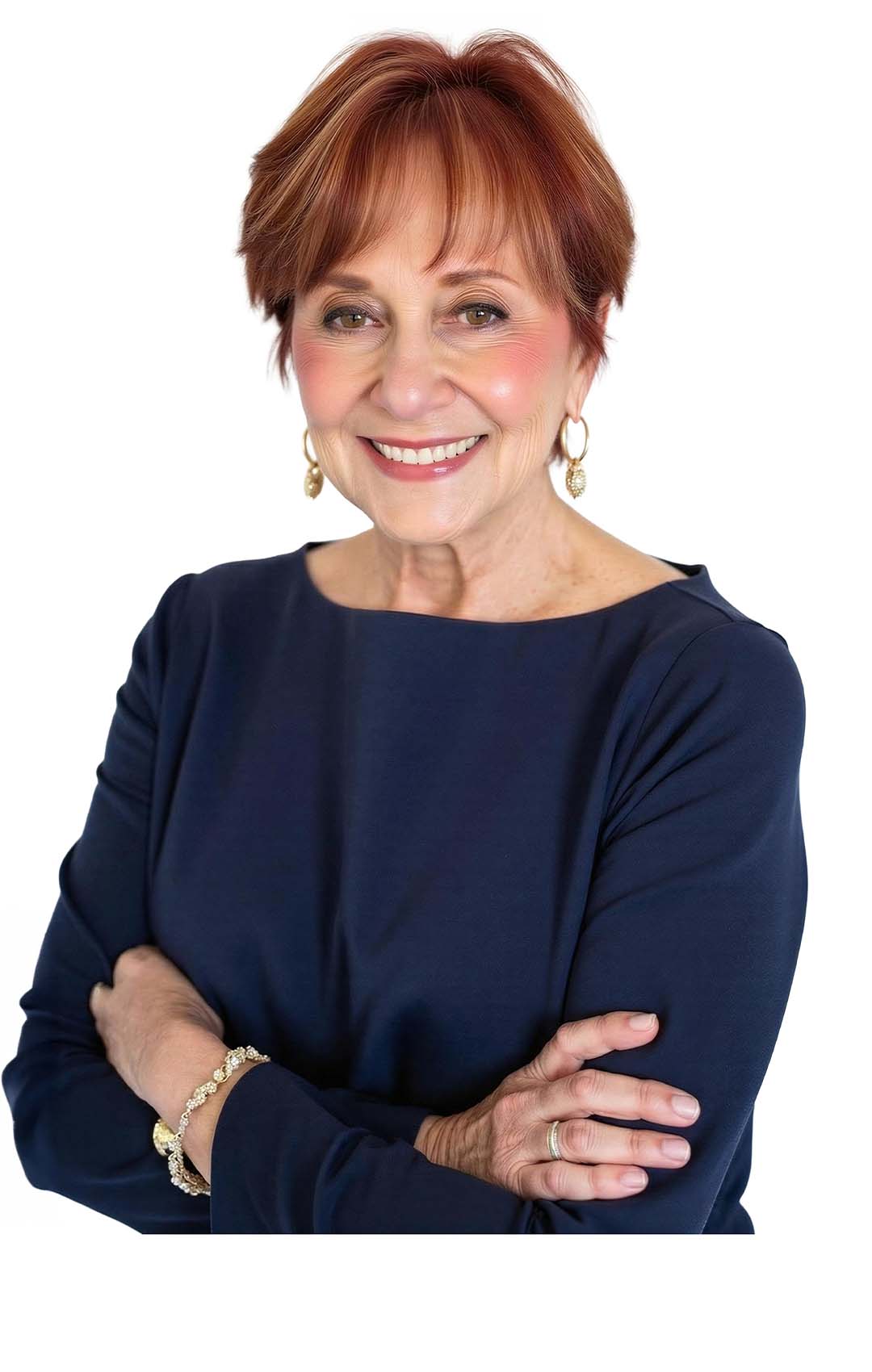Oct.15, 2020
Florida Primary Ballot Initiative Challenged For Black Voter Impact
Law 360
Tampa of counsel Anne Corcoran and Orlando partner Todd Norman, with assistance from Ben Burleson and Beverly Pohl, are representing Glenton Gilzean Jr., an Orange County resident and CEO of the Central Florida Urban League, in a petition filed with the Florida Supreme Court to stop the counting or certification of the vote on Amendment 3 on Nov. 3, saying the outcome will significantly impact the rights of minority voters in Florida.
The petition urges the justices to order Florida Secretary of State Laurel M. Lee to not certify the votes on so-called Amendment 3, which would switch the state from party primaries for statewide races to a “California”-style primary in which all registered voters would vote on all of the candidates, with the two highest vote-getters advancing to the general election.
The state's highest court issued an advisory opinion in March, finding that the ballot initiative meets the technical requirements to appear on the general election ballot. But Gilzean contends that two studies released since then have raised "vital issues" of minority voter dilution that warrant the court revisiting the findings.
"Neither this court nor the electorate of Florida was told what the impact of the proposed initiative would be. That is the essence of misleading," the petition said. "The proposed amendment would enshrine structural discrimination in our state's supreme legal document, directly contradicting other sections of the constitution."
“It’s an exceptionally high standard for the state Supreme Court to hear a case for a writ of mandamus based on original jurisdiction,” Corcoran said. “But we think this is such an important right to minority voters that it is worth the effort. Fortunately, the Supreme Court entered an order based upon our petition that set a schedule for briefing the matter. That means they will have an opportunity to consider it, which is a big hurdle in itself.”








